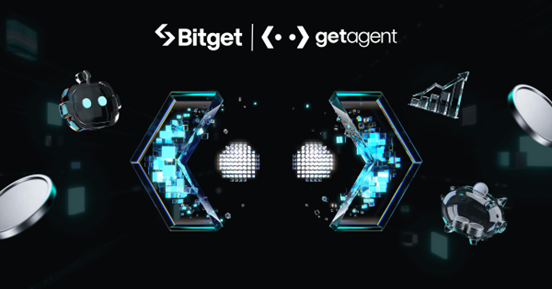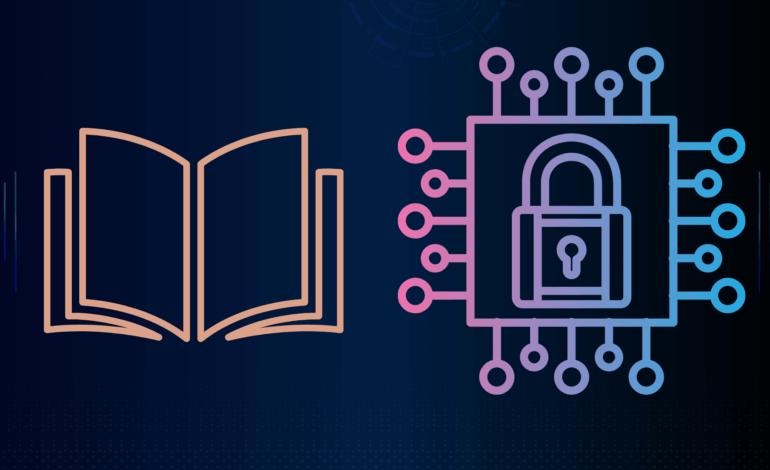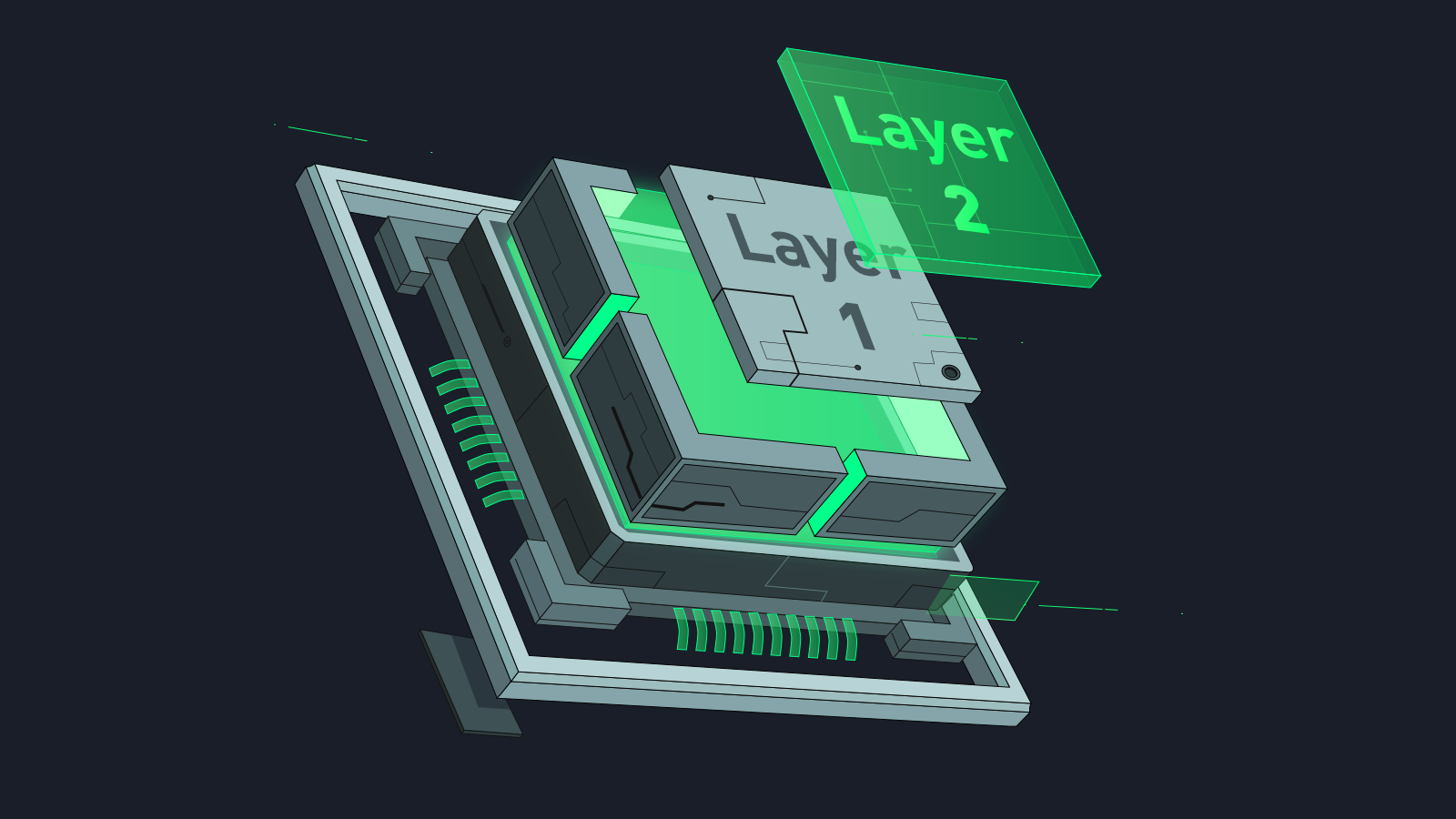The Most Powerful and Most Dangerous Words in Crypto

In the world of cryptocurrency, nothing looks more harmless than a seed phrase. It’s just a handful of simple words. Short, ordinary, almost boring. Yet those words hold the full weight of your digital wealth. They can unlock an entire wallet, rebuild it from scratch, or transfer your money across the world without your name ever appearing anywhere.
Seed phrases are the closest thing crypto has to a house key, a bank vault code, and a legal title hidden inside everyday language. They give you complete freedom: no bank manager, no customer service, no permission needed. But they also place incredible responsibility on your shoulders. If you lose them, your wallet is gone forever. If someone else finds them, your wallet becomes theirs instantly.
Most people underestimate seed phrases because they look simple. But that simplicity is exactly why they deserve attention.
In this article, we explore seed phrases from the ground up: what they are, why they’re so powerful, why people lose them and the worst storage mistakes. Because once you understand the true weight of those innocent-looking words, you start treating them with the respect they deserve.
What Is A Seed Phrase?
A seed phrase is one of the most important things in the entire world of cryptocurrency, yet it looks unbelievably simple. It’s just a set of 12 or 24 everyday English words. Words you’d expect to see in a storybook, not guarding digital money. But behind that simplicity is serious power. A seed phrase is the master key to your crypto wallet. It is the small code that can recreate your entire account, your balances, and your private keys.
You first receive a seed phrase when you create a non-custodial crypto wallet. This can be a mobile wallet like MetaMask, Trust Wallet, Coinbase Wallet, Exodus, Ledger, Trezor, or any wallet where you control your keys. During setup, the app shows you the seed phrase and warns you to write it down. That moment that is usually just 10 or 20 seconds determines the safety of everything you will ever store in that wallet. Exchanges like Binance or Coinbase do not give you a seed phrase because they hold the keys for you. Only non-custodial wallets reveal it.
The reason these phrases use simple English words is to reduce mistakes. Words are easier to read and write correctly than long strings of random numbers and letters. But each of those simple words is backed by deep cryptographic mathematics. Together, they generate your private keys – the secret codes that prove ownership of your funds on the blockchain.
The Power Of A Seed Phrase
The power of a seed phrase is easy to underestimate. It doesn’t just unlock your wallet; it is your wallet. Anyone who has those words can open your account anywhere in the world, move your funds, and take full ownership. They don’t need your phone, your SIM card, your email, or your PIN. Those words alone override everything. It’s the purest form of financial power you’ll ever hold.
This power cuts both ways. If you lose your seed phrase, your wallet can never be recovered. Not by you, not by the wallet company, not by a bank, not by a court. Your money stays on the blockchain, but you lose the ability to reach it forever. Crypto has no “Forgot Password” button. Responsibility sits squarely on your shoulders.
If someone else gets your seed phrase, the danger is even worse. They can instantly recreate your wallet on their device and empty it within seconds. No notification. No verification. No chance for you to stop it. This is why you should never store your seed phrase in screenshots, WhatsApp, email, cloud storage, or photos. Those places are easy to hack or accidentally expose.
Because seed phrases are so sensitive, the way you store them becomes a matter of survival. Many people use methods like book encryption, secret splitting, metal backup plates, sealed envelopes, or password managers that store only hints – never the full phrase. The safest approaches combine creativity with simple systems, so the phrase stays offline but still recoverable even years later.
Owning a seed phrase is owning your financial independence. It puts you in full control, free from banks and institutions, but with full responsibility for safekeeping. When treated with care, those simple words become a tool of freedom. When treated casually, they become a risk that can quietly wipe out everything.
Why People Lose Their Seed Phrases
People often believe they will naturally remember important things, but the human brain is not built to store long lists of random words. It remembers emotional moments, not technical information like a 12- or 24-word recovery phrase. Without a story or feeling attached to the words, the phrase slowly drifts out of memory.
Stress makes this even worse. When someone sets up a crypto wallet, the process feels serious and high-pressure. Fear of losing money or making a mistake sends the brain into panic mode, and panic is the enemy of memory. What feels clear today becomes foggy tomorrow.
Many people hide their seed phrase in a hurry, choosing a place that makes sense in that moment. Six months later, that “perfect spot” becomes impossible to recall. Houses are rearranged, drawers cleaned, books moved. A hiding place easily turns into a lost place.
Technology can lead to a false sense of safety. Phones break, get stolen, or wipe themselves during updates. Apps crash. Cloud backups fail. Most people also reuse passwords or keep their phones unlocked. A seed phrase stored on a device is like storing gold in a paper bag – too fragile for something so important.
Physical clutter also plays a role. Drawers are full of receipts, old papers, random notes, and things we plan to sort “one day.” A tiny slip of paper with a recovery phrase can get buried and forgotten during a cleaning rush. Sometimes it even gets thrown away accidentally.
Real-life stories show the same pattern over and over: “I know I wrote it, but I can’t remember where.” People misplace things during house moves, breakups, renovations, or life changes. Memory works perfectly until life gets chaotic, and then it collapses without warning.
This is why seed phrases disappear. It’s not carelessness, it’s human nature. Our minds are creative and emotional, not designed for long-term storage of disconnected information. When we rely only on memory, we set ourselves up for disaster.
Crypto gives you full control, but that also means full responsibility. There is no bank to call, no support desk to reset your access. If the seed phrase is lost, the money is gone forever. That kind of pressure requires a system that doesn’t depend on perfect memory.
The Worst Ways People Store Their Seed Phrases
Seed phrases are powerful, yet most people treat them casually until something goes wrong. Human beings love shortcuts, especially when something feels boring or technical. That’s how dangerous habits are born. This section gently walks through the worst storage methods people use, why they seem harmless at first, and how they eventually turn into financial traps. The goal isn’t to shame anyone. My aim is to help readers recognize the danger before it bites.
The first and most common mistake is taking a screenshot of the seed phrase. Screenshots feel innocent, but phones quietly save them in multiple places: the gallery, the cloud, backups, Google Photos, sometimes even hidden “recently deleted” folders. All it takes is one sync issue, a stolen phone, or a leaked backup, and the phrase escapes into the world. The screenshot looks convenient today but becomes a ticking time bomb tomorrow.
A close second is storing the seed phrase in a notes app, WhatsApp chat, or email draft. These apps constantly sync to servers, create backups, and sometimes share data across devices. Even worse, many people leave their phones unlocked or use weak passwords. One stolen phone or one hacked email account is enough to lose everything. The seed phrase is meant to be offline, while these apps live permanently online.
Another risky place is cloud storage: Google Drive, Dropbox, OneDrive, iCloud. These platforms are designed for sharing, syncing, and easy access – the exact opposite of what a seed phrase needs. People assume clouds are private, but history has shown breaches, leaks, mistaken permissions, and hacked accounts. A seed phrase in the cloud is basically an invitation to disaster dressed in convenience.
People also try hiding the phrase physically but make choices that are too obvious. Under the mattress. Inside a laptop bag. Between a passport and national ID. In a jewelry box. These are the first places a thief checks. When the hiding spot is predictable, it becomes useless. Security isn’t just about storage, it’s about imagination.
Some people store the phrase in a single sheet of paper, then leave it in random drawers or piles of receipts. The paper gets mixed up during a Saturday cleaning spree, or damaged by moisture, or thrown away accidentally. A seed phrase written plainly on a loose paper is like writing your bank PIN on tissue that is fragile and forgettable.
There are also the overly confident ones who think, “I’ll just remember it.” Memory works beautifully for birthdays, melodies, favorite jokes but is very unreliable for long lists of unrelated English words with no emotional meaning. Life throws stress, illness, distractions, relocations, breakups, and emergencies at us. Relying on pure memory is gambling with your financial future.
Some people make the mistake of telling a friend or partner “just in case.” Humans change, relationships change, life changes. Trust is important, but a seed phrase isn’t just information, it’s ownership. Sharing it is like handing someone the keys to your house and hoping they never misuse it. Even good people can accidentally expose what they don’t fully understand.
Then there’s the dramatic mistake: storing the phrase in a device that’s always connected, like a laptop or USB drive. These devices get malware, viruses, phishing attacks, and remote access hacks. A single malicious browser extension or infected file can quietly scan and extract text. Digital storage works for many things but a seed phrase is too valuable, too delicate, too attractive to attackers.
All these methods share the same problem: they look convenient on a normal day, but they fail catastrophically on a bad day. Crypto isn’t forgiving. Banks allow resets. Apps allow recovery. But seed phrases give you full control, which means losing them or exposing them leads to permanent consequences. The wrong storage method won’t hurt immediately – it will hurt suddenly.
The purpose of highlighting these mistakes isn’t to scare, but to awaken awareness. Protection isn’t about fear, it’s about good habits. When you understand why these methods fail, you begin to appreciate smarter systems like book encryption, misdirection, hybrid storage, and secret splitting. These approaches work whether life is calm or chaotic, whether devices break or relationships shift.






